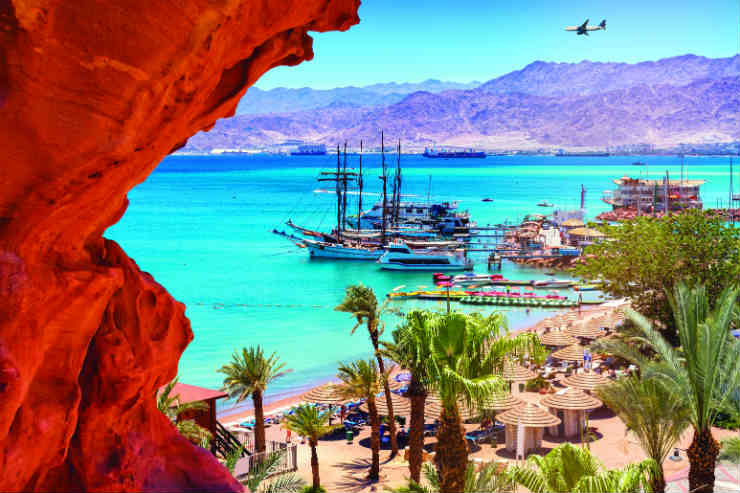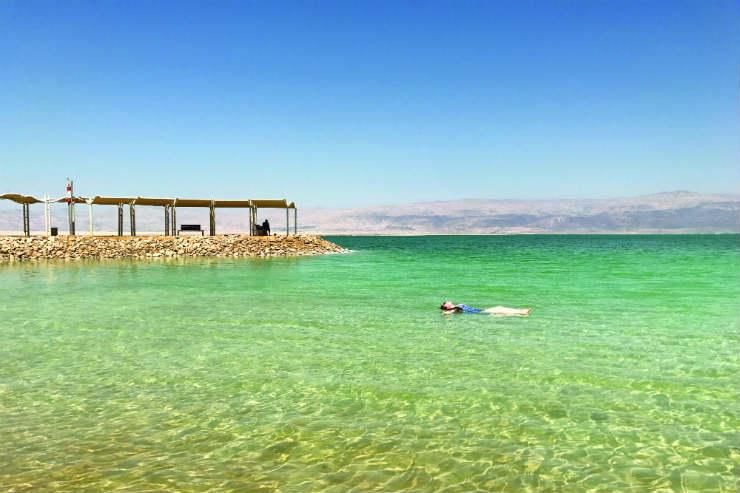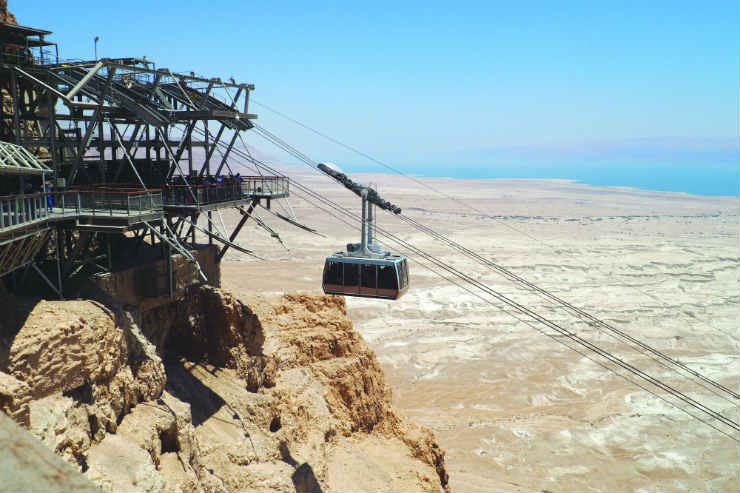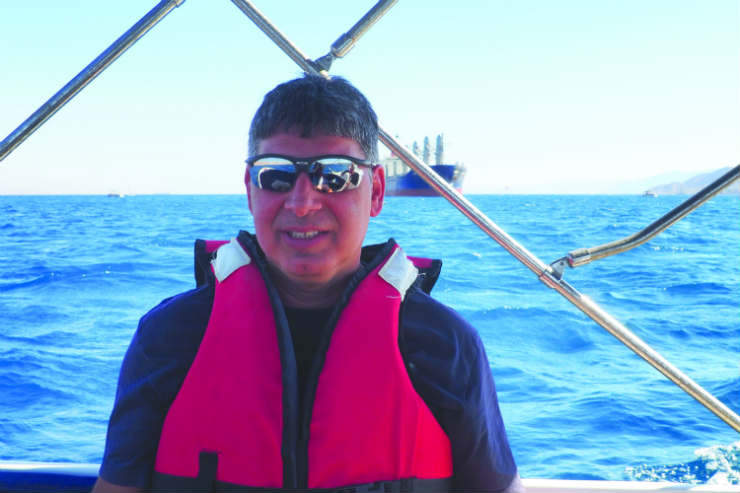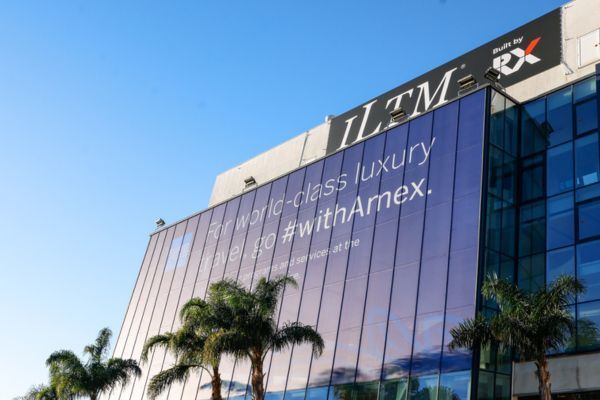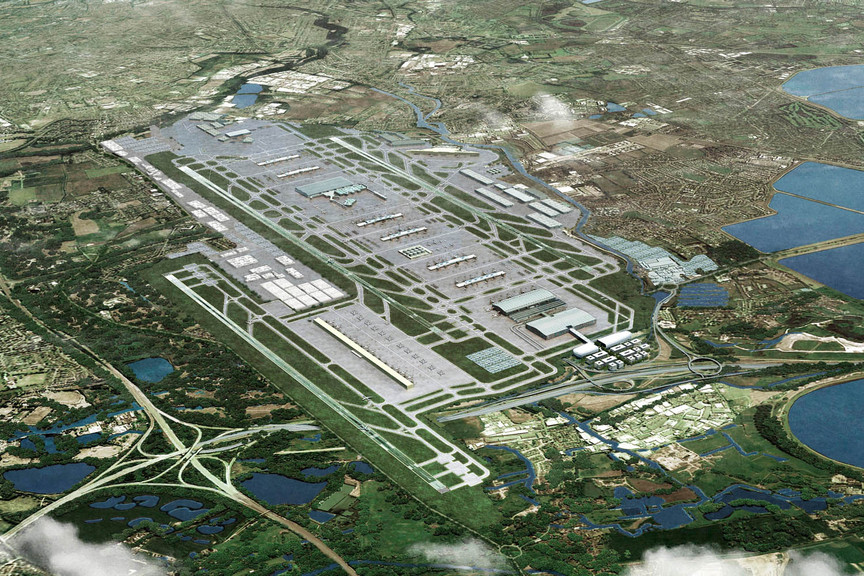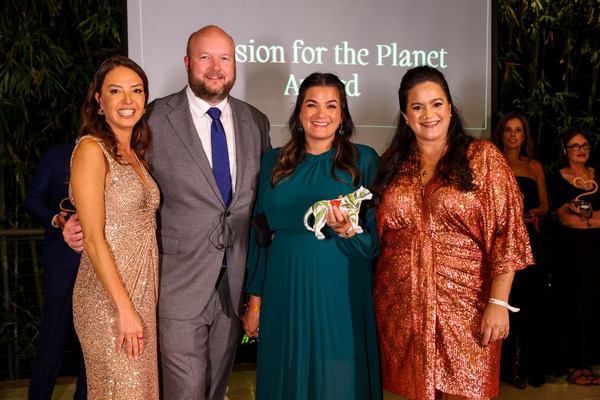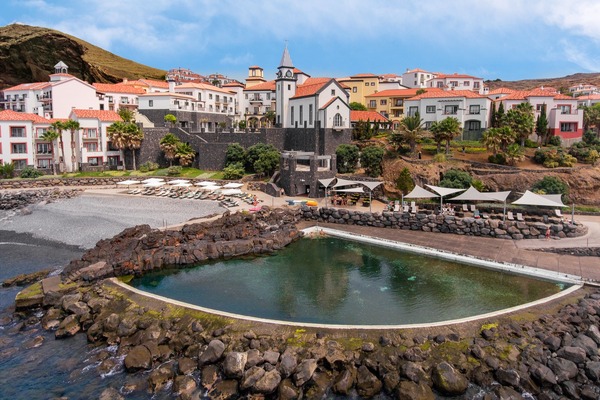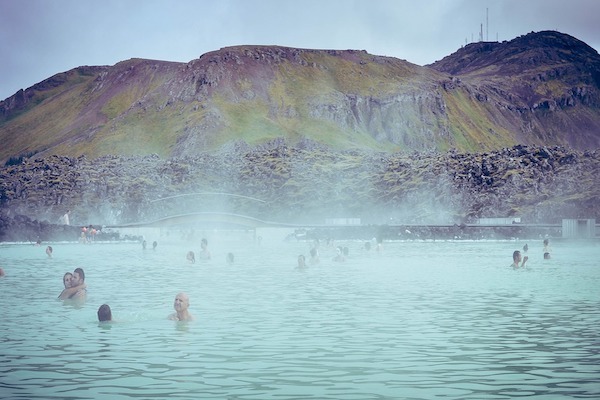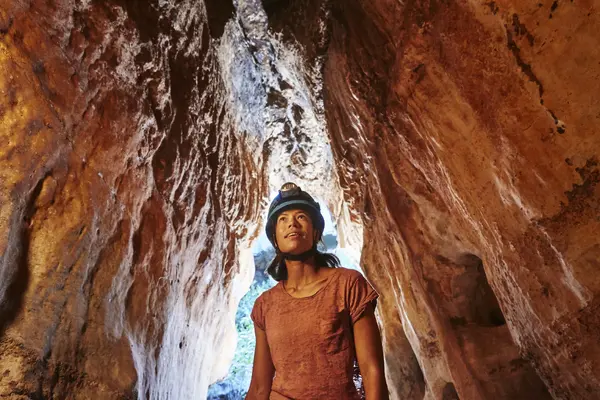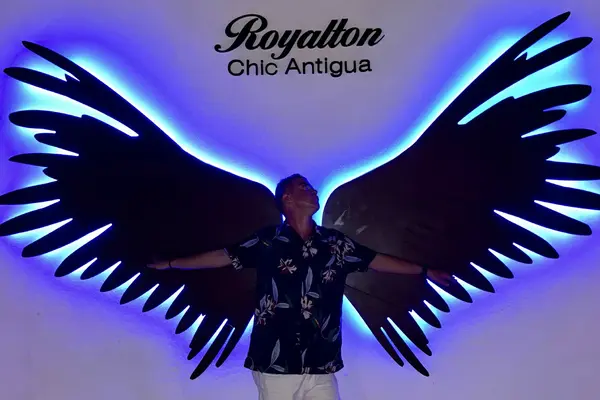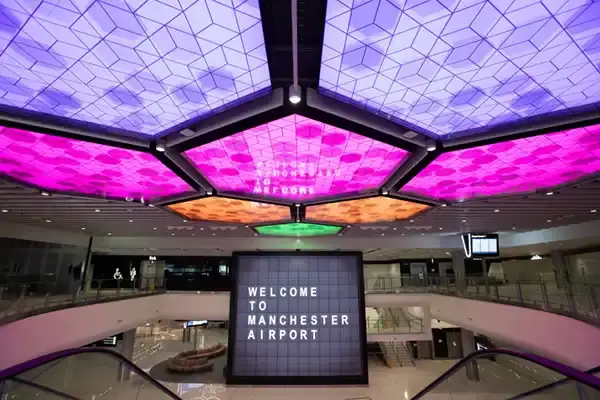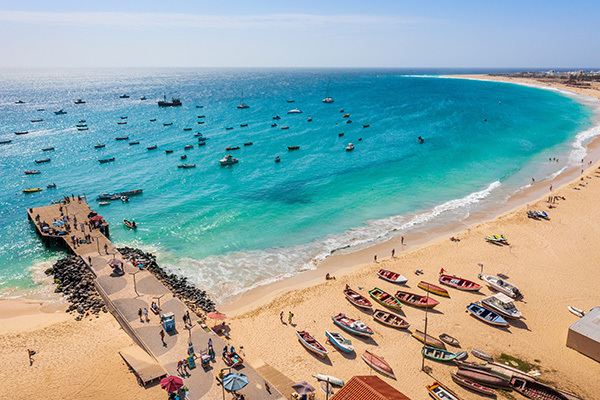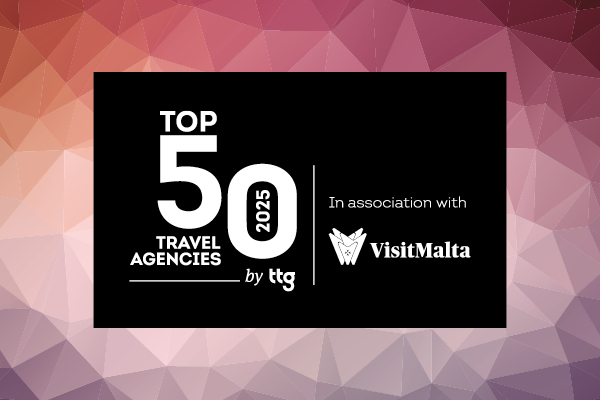Adventures in Eilat: The enduring appeal of the Red Sea holiday
Ahead of the opening of a new airport, Madeleine Barber travels to Israel’s seaside capital Eilat with Monarch to discover what the legendary ‘Red Sea holiday’ can offer British travellers.
Floating in the turquoise water of the salt-rich Dead Sea, which is currently a bath-like 28C, I’ve never felt more at peace. The rich minerals have cast a silky glaze over my skin, and I can see why visitors flock here in their thousands to cure physical and mental ailments.
Not in need of a remedy myself, I have instead come to explore Israel’s seaside playground in anticipation of the Ramon International airport, which is slated to open towards the end of this year in Eilat on the south coast.
“In the 80s, Eilat was full with British tourists and I’m hoping that this new airport will bring it all back,” says Taal Goldman, who is on Ramon airport’s operational readiness team. As well as boosting potential for more UK flights, the plan is to increase visitors flying into Eilat from 1.4 million to 2 million at a time when the much-loved Red Sea holiday is in peril. With popular seaside resorts such as Sharm el Sheikh becoming no-go destinations for British travellers, Israel offers an accessible alternative.
However, it seems British travellers haven’t yet caught on. “Last year we only welcomed 5,000 tourists from London. They have paradise right here and they don’t know it!” says Yossi Chen, chief executive of the Eilat Municipal Tourism Corporation.
Currently, the only direct flights from the UK to Eilat are during the winter with Monarch Airlines, but in order to secure more, the city must first generate demand. Shabtai Shay, chief executive of the Eilat Hotel Association, explains: “Around 90% of tourists in Eilat are Israeli, but I think the key is to attract British tourists in winter – the Mediterranean just can’t compete with the Red Sea then.”
Shay has also worked with the British travel trade on fam trips and seminars to teach agents about the destination’s winter-sun appeal, so it should be working its way onto agents’ radars as a holiday option during Britain’s colder months.
Splashing around
When I visit eco-friendly Dolphin Reef on the eastern edge of Eilat, playful bottlenose dolphin Niquita is splashing onlookers, and Nana and Luna can’t get enough tickles. On land, Dolphin Reef is a multi-level maze of wooden boardwalks adorned with vines and colourful creepers.
After a freshly squeezed orange juice, I enter the adults-only technology-free zone to try three relaxation pools. In the Red Sea pool instructor Pash provides a calming treatment – there’s soothing music underwater and I leave feeling weightless – while in the Dead Sea pool my skin appreciates a salty exfoliation.
Out in the Gulf of Aqaba, the scene is less zen, more adrenaline. Eilat offers activities from sailing and jet skiing to kayaking and parasailing. I try the latter with Kisuski Watersports on Eilat’s north beach. Being whisked into the air is thrilling, and the views even more so with Eilat surrounded by dusty desert, red mountains lining Jordan’s shore, and if I turn my head to the south, I can see as far as Egypt and Saudi Arabia.
But it’s not only from the air that Eilat’s views are stunning, as I learn during my first-ever scuba dive at Diver’s Village. Yossi Chen’s words – “diving in the Red Sea is among the best in the world” – come back to me as iridescent fish swim centimetres from my mask. I even see a black octopus hiding in the bright yellow corals. For clients that prefer to stay dry or those travelling with young children, the Coral World Underwater Observatory is an alternative for exploring beneath the waves.
When the sun sets in Eilat, seafront bars and restaurants come to life. Three Monkeys is a popular bar where a live band performs most evenings and bartenders serve creative cocktails. Next door is La Cucina, a traditional Italian restaurant where I devour a plate of king prawns in garlic and lemon butter.
Away from the promenade, 5th Avenue pairs sleek furniture and youthful vibes with innovative food. After a couple of cocktails, I order the asparagus in blue cheese sauce followed by black pasta stuffed with polenta in a creamy, nutty sauce, which would become my usual if I were an Eilat resident. For a less flashy affair, recommend Barbis – an Israeli burger bar that resembles an American diner.
Beyond the city
A 30-minute drive north of Eilat brings visitors to Timna Park, a section of the Negev desert that once hosted the world’s first copper mine. My guide, Dan, tells me there are 30 hikes available, but that they’re only possible in winter when temperatures don’t reach 50C. We see rock formations such as the Leaning Lion, Mushroom and Canyon of Faces, all of which have blue-green copper oxide weaving through them. It’s a vast wasteland of rust rock where eagles circle overhead and the Nubian acacia tree only gets 22mm of rain per year. “People think everything in the desert is dead, but everything has its secret,” Dan says, picking up a dusty shrub that the Bedouin nomads once used as a hallucinogenic drug.
The ancient hilltop fortress of Masada is a two-and-a-half-hour drive north of Timna Park. The Roman ruin my Israel Wander Tours guide Ron Harari shows me has a Byzantine church, synagogue, bathhouse and Northern Palace. It’s easy to imagine this 450-metre-high plateau in its heyday, emblazoned with frescoes, yet today I can’t help but gaze at the panoramic views of the desert and Dead Sea below.
Driving onwards for around an hour and a half will land travellers in Jerusalem – another popular day trip from Eilat. But today, the call of the Dead Sea has won me over, so I stay and float for a little while longer.
Book it: A seven-night B&B stay for two at the Isrotel Royal Beach Hotel costs £975pp, including flights from Luton, based on November 16, 2017 departures.
60 seconds with...
YOSSI CHEN
Chief executive, Eilat Municipal Tourism Corporation
WHAT ARE EILAT’S TOP SELLING POINTS?
People come here for watersports, VAT-free shopping, the nightlife – we have 34 pubs and clubs – and of course the beach life! They also do day trips to Masada, the Dead Sea, Jerusalem and Petra, in Jordan. We have 12,000 hotel rooms in Eilat, ranging from €30-100pn.
WHO IS VISITING EILAT?
Eilat has 60,000 citizens and welcomes 2.8 million tourists every year, 2.4 million of which are Israeli. We also get people from America and Russia, but not really from Britain, because I think they are cautious about the politics. But there’s no need to be – we’ve managed the situation for 50 years so we know how. There’s no crime here in Eilat. We are nice people, we like to host.
WHAT ARE YOUR PLANS FOR THE FUTURE?
Alongside the new airport we want to build 15 boutique hotels, restaurants and bars, and three VAT-free shopping malls. In August, we host a jazz festival, in November a desert marathon and in February a classical music festival.

